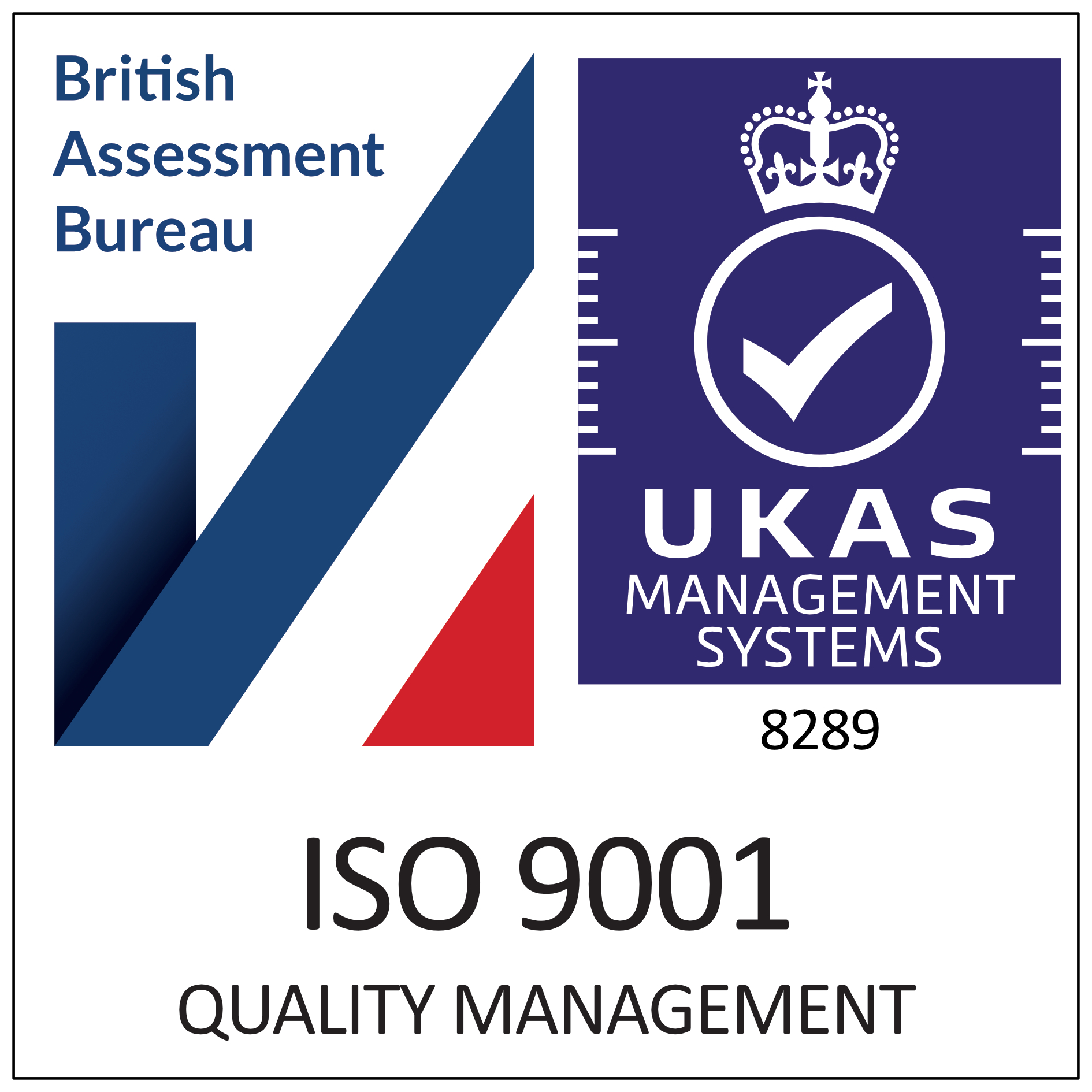Using the wrong type of fasteners when assembling windows and doors can present serious health and safety risks. While the fenestration sector has taken huge steps forward in recent decades to improve health and safety in the workplace, there are still areas for improvement. Fastener use is certainly one, and the good news is that we can all easily reduce our risk of injuries by following a few basic steps.
Fasteners may be the smallest, lowest unit cost products on any fabrication line, but just like tools, their quality and suitability for the job can make a huge difference to how easily, efficiently and safely windows and doors can be assembled. When the fasteners are easy to use and work exactly as they should with the various materials used in our sector, that makes them safe too.
And in this age of ‘where there’s blame, there’s a claim’, can any window manufacturing business afford to take a risk that could lead to serious injuries? An accident claim can be potentially very damaging financially in itself, but it can also impact on staff morale, disrupt production and affect the reputation of a business.
Choosing the right fasteners for the job
The first step to protecting yourself when assembling windows and doors is to make sure you are using the right screws for the different elements you need to attach.
Rapierstar can help make the right choices through our Recommended Fixings Manuals (RFMs). These are detailed guides showing which screws to use when assembling PVCu windows and doors in numerous configurations using all the major profile systems, including those from Eurocell, VEKA, Liniar and profine UK.
So whether you are attaching a keep to a steel reinforced PVCu door outerframe or a friction stay to an opening casement, you will always know the right fastener to use. And this is important because using the wrong screw might result in a dangerous slippage if the tip fails to drill through the material you are trying to screw into.
How does the quality of the fastener impact on safety?
Not all fasteners are created equal! A good quality fastener has to fulfil its purpose safely and reliably, and this means three main issues have to be considered when it is being designed and manufactured – otherwise it could be difficult to use or break during insertion.
1. Wobble and insertion speed
Rapierstar branded screws are tested for wobble and their speed of insertion because both affect how easy and safe they are to use.
Wobble gauging determines the correct engagement of driver bit and recess. This is important because a recess that exhibits excessive wobble will result in poor drivability, damaging the recess and accelerating driver bit wear. Poor drivability is not only awkward but also dangerous as it could cause a driver bit to slip with the potential for injury. Unfortunately, we have seen horrible injuries over the past 25+ years, including screws being driven into forearms and even air-screwdrivers ripping into hands due to poor drivability.
Insertion testing checks the concentricity of a screw’s shank to its recess. If a screw’s recess is too far from alignment with the axis of its shank, driving tools will perform dangerously and, if using automated screw feeding equipment, this will jam. Poorly designed and manufactured screws can skid on the profile surface or cause the screwdriver bit to slip out of the fastener recess.
Variable air pressure is a common issue too, which can result in either very slow or too fast screwdriver speeds, resulting in snapping drill points or potentially overtightening screws causing stress fractures that may fail at a later date. Rapierstar can measure the speed of screwdrivers, to ensure around 1,800 RPM is maintained.
2, Fastener ductility and risk of breakages
The ductility of the screw is important because it must not be either too brittle or deform too easily when inserted. The best way to achieve the right balance is to start by using high-grade steel to draw the wire from to make the fasteners. This is because any impurities or an incorrect grade of steel could present weaknesses in the finished product.
This is why Rapierstar is very selective about the steel alloys used to make our fasteners. By doing so, we seek to avoid any microscopic weaknesses that could occur in the metal, imperfections that can cause screws to break during insertion and result in injury to the operative.
That’s why the ductility of every batch of Rapierstar screws is tested using calibrated test blocks conforming to acknowledged standards. Screws are only approved if no breakages occur and there is no sign of cracking.
3. Fastener dimensions
In the production of millions of individual screws, it is important that consistency is maintained in the quality and sizes of products. Even tiny differences between individual screws can be noticed on the production line, so it is important that we have proper checking procedures in place.
Screws need to have the correct depth of recess in the head to allow the screwdriver bit to fit tightly and securely. Manufacturing defects can make it tricky and risky to drive the fastener as intended which is why it is important to prevent these difficulties. To do this, Rapierstar checks the dimensions on every batch of our branded screws, measured using finely calibrated test gauges. Precision is essential, so any batches that do not meet the standard are simply rejected.
Using fasteners correctly increases safety too
The window and door manufacturing process often has room for improvement in respect of how workstations and the production line in general is set up, something which can affect how well operatives are able to use their tools. The remedy could be as simple as adapting a workstation to suit the operative or the particular assembly task, or having screwdrivers accessible from an overhead position so that power cables and air lines do not get in the way.
Issues like these will be flagged up as part of a Rapierstar Fastener Health Check. This is our comprehensive window and door factory audit that will highlight where incorrect fasteners are being used, and offer advice on driver speed and torque settings. It may even reveal where product rationalisation could be made to reduce inventory and save money.
To arrange a health check or discuss the safe and correct selection of fasteners for window and door manufacturing please contact us.
This email address is being protected from spambots. You need JavaScript enabled to view it. Technical & Marketing Manager at Rapierstar Tweet to @andyhol1






